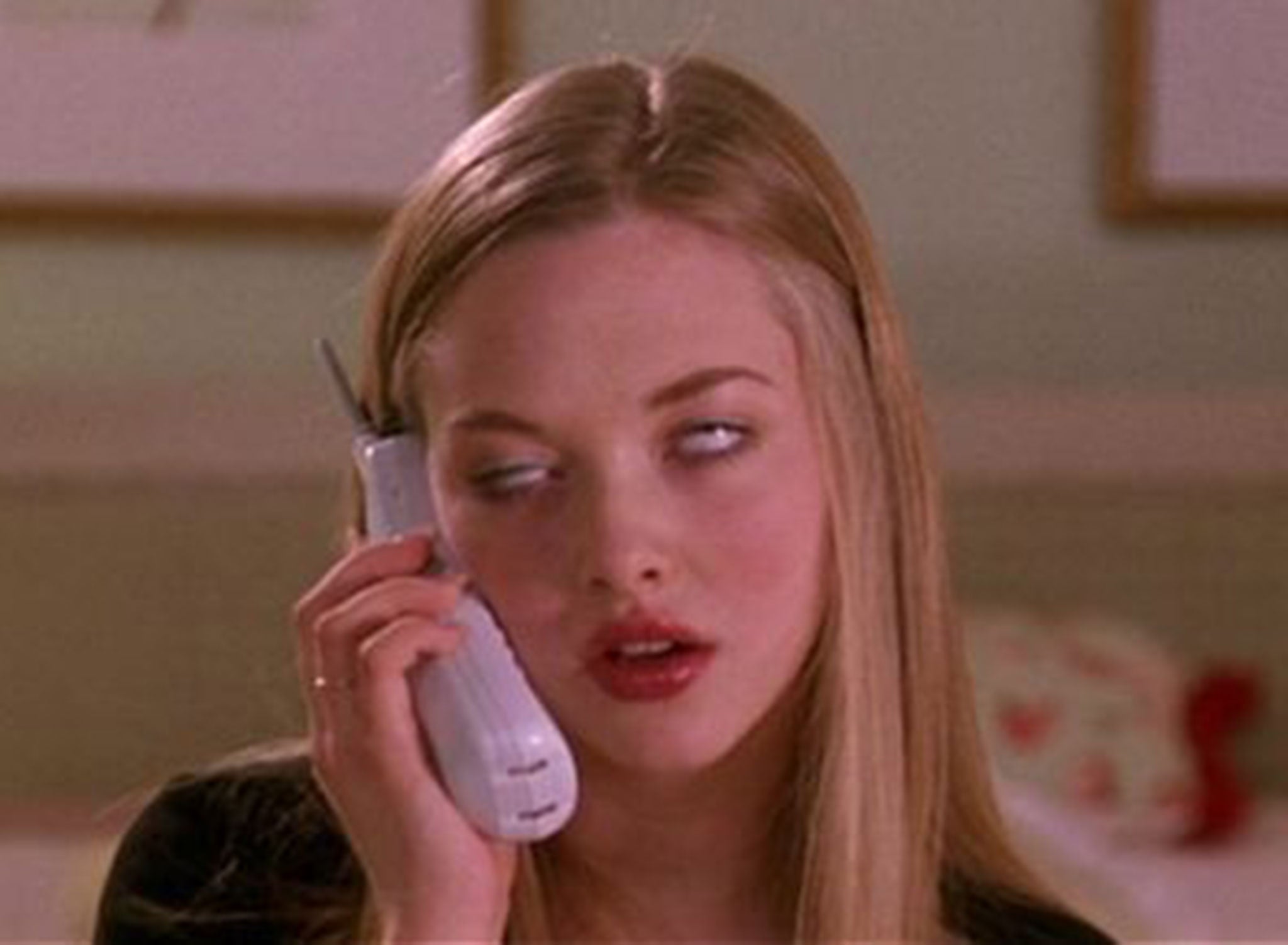The Independent's journalism is supported by our readers. When you purchase through links on our site, we may earn commission.
Why do people roll their eyes? Psychologist suggests theories for passive-aggressive sign in teenage girls
Eye-rolling as a sign of contempt 'only became a way to signal disproval in the past few decades'

Your support helps us to tell the story
From reproductive rights to climate change to Big Tech, The Independent is on the ground when the story is developing. Whether it's investigating the financials of Elon Musk's pro-Trump PAC or producing our latest documentary, 'The A Word', which shines a light on the American women fighting for reproductive rights, we know how important it is to parse out the facts from the messaging.
At such a critical moment in US history, we need reporters on the ground. Your donation allows us to keep sending journalists to speak to both sides of the story.
The Independent is trusted by Americans across the entire political spectrum. And unlike many other quality news outlets, we choose not to lock Americans out of our reporting and analysis with paywalls. We believe quality journalism should be available to everyone, paid for by those who can afford it.
Your support makes all the difference.A psychologist has come up with several reasons behind the infamous eye-roll of a teenage girl (or boy).
Eye-rolling is generally viewed as a passive or immature sign of aggression, intended to demean the other person in the conversation.
Writing in the New York Times, Lisa Damour, a clinical instructor at Case Western Reserve University, suggested that an eye-roll from an adolescent girl establishes that she is an "independent state electing to yield, for now, to the regional power.”
"At other times, girls roll their eyes when adults poke a sore spot," she added.
"What seems to be a rude brush-off might actually be the girl’s valiant attempt to hold herself together. Teens can be easily overwhelmed by their own feelings, and they’re often ambivalent about leaning on parents for support.”
Eye-rolling as a sign of contempt only became a way to signal disproval in the past few decades.
According to the Oxford English Dictionary, people have been rolling their eyes since at least the 15th Century; witnessed in Milton’s Paradise Lost where he warns of tempting women who are made “only for the taste/Of lustful appetence… to troll the tongue and roll the eye”.
In Shakespeare’s narrative poem "The Rape of Lucrece" he writes of the rapist Sextus Tarquinus who looks "hungrily" on Lucrece’s bed, "rolling his greedy eyeballs in his head".
An article in Slate suggested that eye-rolling isn’t just an affectation. Founding human ethologist Irenaus Eibl-Eibesfeldt noted in his 1989 book Human Ethology that many cultures have “similar gestures for rejecting, all involving looking away.”
"We often move the head in an intention movement to the side or rear, and this reaction to unpleasant visual and olfactory stimuli is also used as a gesture of arrogance," he said.
Biologists have also pointed out that due to the level of whiteness in the human eye compared to other primates; we are given a particularly remarkable ability to communicate solely using eye movements.
Join our commenting forum
Join thought-provoking conversations, follow other Independent readers and see their replies
Comments